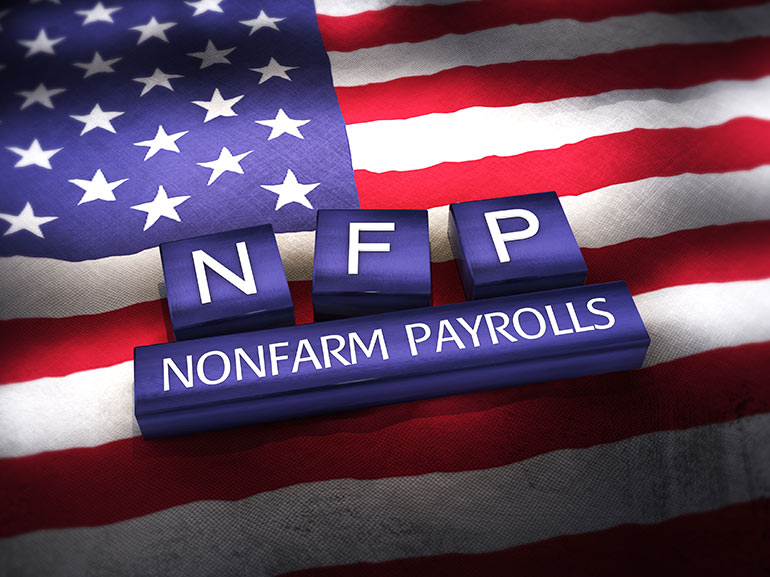Defensive Stocks Explained: Trading Non-Cyclical Stocks
Given the volatile and unpredictable nature of financial markets, many traders and investors look for ways to protect their portfolios and minimize potential losses. One strategy for achieving this is through defensive stock trading.
In this article, we’ll explain what defensive stocks are, how to trade them effectively, and why they can play a crucial role in building a more resilient trading portfolio.

TL;DR
Defensive stocks are shares of companies with stable earnings and dividends, even during economic downturns.
Examples of defensive stocks include Pfizer, McDonald's, and Coca-Cola.
Defensive stocks reduce risk during volatile markets, provide steadier income, and may be easier to navigate.
Defensive stocks come from various industries like utilities, healthcare, and consumer staples.
Trading defensive share CFDs allows flexibility to trade rising and falling prices without owning shares, with leverage (which increases profits and losses).
What Are Defensive Stocks?
Defensive stocks, otherwise called non-cyclical stocks, are shares of companies that are known to have provided stable earnings and consistent dividends, even in times of economic uncertainty, tariffs and geopolitical tensions, and recessions.
Why Trade Defensive Stocks?
Trading defensive stocks is often done in order to protect one’s trading portfolio from volatile and uncertain markets as these trading vehicles are relatively more stable.
However, it is important to note that while defensive stocks can perform better than other types of stocks in recessionary economies, they perform below the market during periods of economic expansion due to their low beta typically below 1 (a measure of a stock’s volatility/risk in relation to the overall market - a beta of 1 means the stock’s price moves inline with the market/main index).
Moreover, investors and traders may be drawn to defensive stocks due to the following reasons:
Volatility-Reduction
During periods of economic volatility, pressure, or recession, market participants often turn to defensive stocks as a strategy to reduce the risk of losses.
Easier to Navigate
Given their relative stability, defensive stocks may be less tricky to navigate and may appeal to some beginner traders.
Steadier Revenue- Stream
Compared to other types of stocks and financial assets, defensive stocks often provide a steady stream of income to traders and investors. (Source: Corporate Finance Institute)
Which Stock Types Are Considered Defensive?
Defensive stocks are multifaceted and stem from different industries with the main ones being utilities, healthcare, and consumer staples.
Utilities
Basic life necessities such as water and energy sources (electricity and gas) are naturally in consistent demand and are more often than not considered stable. As such, companies from the utilities sector are considered defensive stocks.
Consumer Staples
Goods and services that include beverages, food, hygiene products, household items, among others, are also relatively in consistent demand, thereby companies involved in their production are considered defensive stocks.
Healthcare
Pharmaceutical and healthcare products are also necessary for our daily lives, which means that companies involved in their making may be considered defensive stocks.
Popular Defensive Stocks: Defensive Stocks Examples
Popular defensive stocks encompass:
How to Trade Defensive Stocks
Defensive stock trading can traditionally be done by directly buying and selling the underlying stocks. However, for traders seeking more flexibility, those wanting to gain exposure to both rising and falling defensive stock prices without actually owning the underlying shares, plus the ability to access leveraged trading (which can amplify both profits and losses), using Plus500’s share Contracts for Difference (CFDs) offers a compelling alternative. CFDs provide traders with a way to gain exposure to defensive stocks while sidestepping the need for direct ownership, making them a viable option for those looking to navigate market fluctuations more dynamically.
Conclusion
In conclusion, defensive stocks can offer a valuable strategy for traders looking to potentially minimise risks during economic uncertainty. Their stable earnings and consistent dividends make them an attractive choice in volatile markets. While they may underperform in times of economic growth, their resilience during downturns may provide a steady income stream and protect portfolios. Whether trading directly or through CFDs for added flexibility and leverage, defensive stocks remain a key element in balancing risk in any portfolio.
*Past performance does not reflect future results. This is not investment advice.
FAQs:
What are cyclical stocks?
Cyclical stocks are the opposite of defensive stocks and are shares tied to the economic cycle (i.e. they move in tandem with the overall economy).
Is McDonald's a defensive stock?
According to Wells Fargo (in April 2025), McDonald's is a defensive stock.
Is Coca-Cola a defensive stock?
Yes. Coca-Cola is considered by many to be a defensive stock in times of uncertainties.
Is Pfizer a defensive stock?
Yes. Pfizer, a popular pharmaceutical company, is considered a defensive stock.






